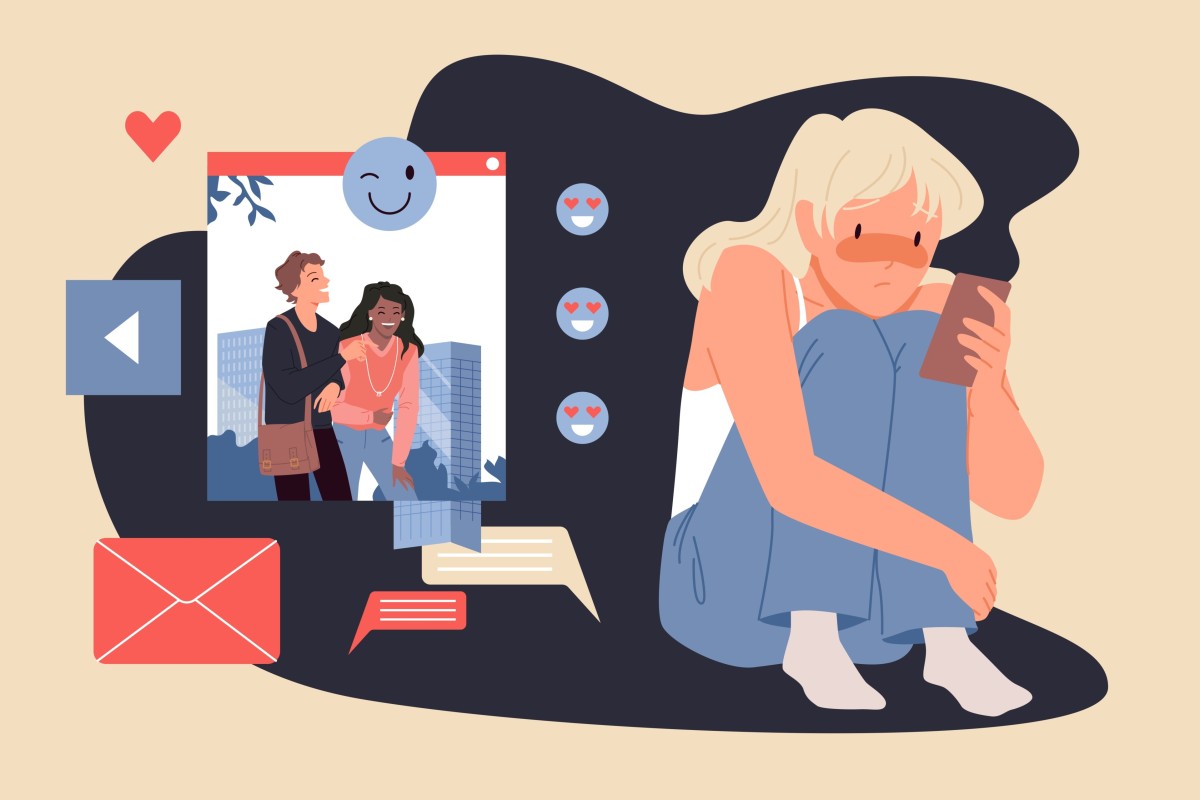
Asking for a Friend: Help! I get really jealous when my friends hang out without me. What can I do?
- Each week, we respond to a question from our readers and give advice and resources they can turn to
- This week, one student asks how to control their negative feelings when friends hang out without them
 It’s normal to feel left out when your friends hang out without you, but it’s probably perfect innocent. Photo: Shutterstock
It’s normal to feel left out when your friends hang out without you, but it’s probably perfect innocent. Photo: ShutterstockNeed an answer to a personal question that you’ve never mustered the courage to ask? We’ve been there. Whether it is about school, family issues or social life, share your thoughts with us. If you have a question you’d like answered (about anything at all), please fill out this Google Form. Don’t worry – you will remain anonymous!
Dear Friend,
Whenever my two best friends do things together and don’t invite me, I go off on a rant. I ask them if they talk about me when I’m not there or if they don’t ask me to come because they hate me. They often seem hurt, but I cannot help it. I try to stop myself, but it gets worse the more they hang out alone, and it gives me anxiety. What can I do to stop this behaviour?
Sincerely, Abandoned
Dear Abandoned,
We understand why you are upset. How do you make sense of your negative associations with your friends “talking about you” when they hang out and “not inviting you because they hate you”?
If you have had hurtful experiences like this before, your feelings might have more to do with your past than what your friends are doing.
Your friends might be showing actual signs that warrant concern, but the intensity of your fear and anxiety can become more extreme due to your painful experiences in the past. After all, nothing is worse than seeing an all-too-familiar painful episode reappearing before you.
I’ve been betrayed by friends before. How can I learn to trust again?
The central theme of your fear, anxiety and pain seems to be associated with being isolated, abandoned and hated by friends. The first question you might want to ask is, “Where does it come from?”.
Another question is whether you are ashamed of some aspects of yourself and worry they might be used as reasons for your best friends to distance themselves from you. Your answer might reveal potential self-esteem issues that might be too complicated to deal with by yourself.
These are your best friends, right? If you are overall happy with your friendships except for a few isolated instances, perhaps you can replace your ranting with genuine communication.
For instance, if they do something without you again, let them know in a friendly manner that you would love to join next time. We know it can be hard to do when you are hurting, and you may think that real friends should already know how you feel without needing to tell them.
However, most people don’t know how to respond to a friend who is angry at them, especially when they do not fully understand that person’s inner life. When you genuinely approach them and offer nothing but good company, you will see if they appreciate and value you as a friend.
Help! My best friend has a different best friend – what should I do?
It might be helpful to recognise that the reason why they do not invite you to everything might be completely innocent. For example, two friends might want to go shopping together without the larger group because they have shared tastes or have a one-on-one chat over coffee for stress relief.
It would thus make sense why they might not invite some friends in the larger group and want to spend time one-on-one. They are not necessarily abandoning other friends since they provide care and support in other contexts.
Hope that helps, Friend of a Friend
This question was answered by James Yu, a clinical psychologist and associate professor at Hang Seng University of Hong Kong.